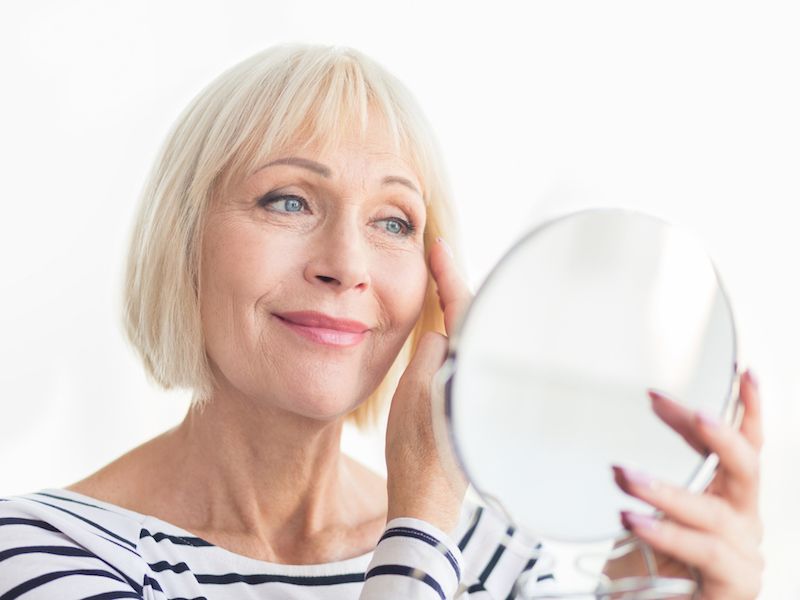
Everyone wants to stay young for as long as possible. We spend a great number of hours undertaking everything we can to stay young. From specialized diets to gym memberships to Botox to wrinkle creams. And yet, even with all that effort (and all those hours), the one thing that may actually work, we often avoid: using ear protection.
Hearing impairment is often one of those “signs of aging” that we frequently think of as inevitable. But it’s not that easy. You can keep your hearing in good shape and help avoid damage by safeguarding and taking care of your ears. And as time goes by, great hearing can have considerable anti-aging rewards.
Aging And Hearing
When we talk about “aging” we don’t usually mean the actual passage of time. Instead, specific mental. emotional, or physical changes are signs that someone is getting older. Joint pain is a great example of this. You might relate sore knees, for instance, with “getting old”. But lifestyle has as much to do with this as age does.
Many kinds of hearing loss are in this category. There’s an accumulation of damage as you grow older. The build-up of damage, in most situations, is the actual cause of hearing degeneration. And it’s typically downhill from there. Neglected hearing loss has been related to several other signs of aging:
- Studies have shown a robust connection between neglected hearing loss, anxiety, and depression.
- Untreated hearing loss may cause you to isolate yourself from family or friends.
- The onset of mental problems, including dementia, can often be hastened by neglected or unnoticed hearing loss.
- Occasionally, issues like insomnia and loss of memory, can be triggered by the cognitive strain of trying to hear. And that can make you feel like you’re aging in an especially intense way.
What to do About Age Related Hearing Loss
You’re really emphasizing damage prevention when you combat the “signs of aging” in your ears. And luckily, there are quite a few ways to achieve that. Here are a few things you can do:
- Try to avoid loud noises as much as you can. And when you can’t avoid high volume areas, wear hearing protection. So make certain you use earplugs when you go to that rock concert.
- If you happen to work in a relatively noisy setting, wear hearing protection. Current ear muffs have amazing technology that can let you hear voices with clarity while filtering out loud, harmful environmental sounds.
- Become more aware. It’s not only the painfully loud sounds that can lead to harm. Your ears can also be injured by moderate noise if you are exposed to it for long periods of time.
All of these strategies will help protect your hearing. But there’s one more thing you can do to keep your hearing in fighting shape: come see us for a hearing examination. Making sure you get hearing examinations regularly can help you discover hearing loss before it’s even noticeable. You should still have an exam even if your hearing is normal so that you can have a standard to compare against in the future.
Wear Hearing Aids to Keep Your Ears Healthy
We live in a loud world. Your ability to avoid damage is crucial, but you might eventually detect some hearing loss in spite of your best efforts. If that’s the case, it’s essential that you get help as quickly as possible. A good pair of hearing aids can help lessen some of the so-called age-related issues related to hearing impairments.
You can perhaps think of hearing aids as a facelift for your ears: something to allow your ears to function a little more youthfully. And that can help keep depression, dementia, and other problems at bay. This analogy only goes so far since a facelift is cosmetic and hearing aids are necessary. Wrinkle creams may help you look younger. But your best choice, if want to feel younger, is to treat your hearing loss and safeguard your ears.